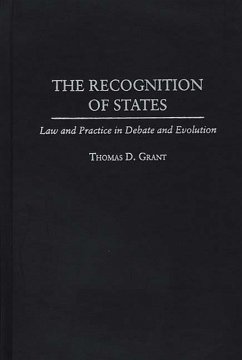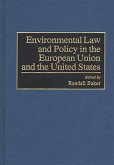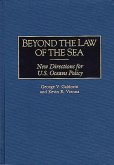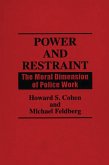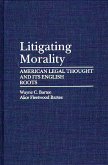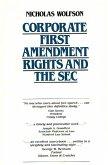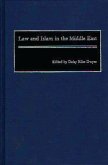Thomas D. Grant examines the Great Debate over state recognition, tracing its eclipse, and identifying trends in contemporary international law that may explain the lingering persistence of the terms of that debate. Although writers have generally accepted the declaratory view as more accurate than its old rival, the judicial sources often cited to support the declaratory view do not on scrutiny do so as decisively as commonly assumed. Contemporary doctrinal preference requires explanation. Declaratory doctrine, in its apparent diminution of the role state discretion plays in recognition, is in harmony, Grant asserts, with contemporary aspirations for international law. It may seem to many writers, he believes, that international governance functions better in a conceptual framework that reduces the power of states to legislate what entities are states.
Grant proceeds from this analysis of the contemporary status of the old debate to ask what questions now take center stage. In place of doctrine, Grant argues, process is the chief issue concerning recognition today. Whether to recognize unilaterally or in a collective framework; whether to acknowledge legal rules or to let recognition be controlled by political calculus-as Grant points out, such questions concern how states recognize, not the theoretical nature of recognition. This is an important analysis for scholars and researchers of international law and relations and contemporary European politics.
Grant proceeds from this analysis of the contemporary status of the old debate to ask what questions now take center stage. In place of doctrine, Grant argues, process is the chief issue concerning recognition today. Whether to recognize unilaterally or in a collective framework; whether to acknowledge legal rules or to let recognition be controlled by political calculus-as Grant points out, such questions concern how states recognize, not the theoretical nature of recognition. This is an important analysis for scholars and researchers of international law and relations and contemporary European politics.

